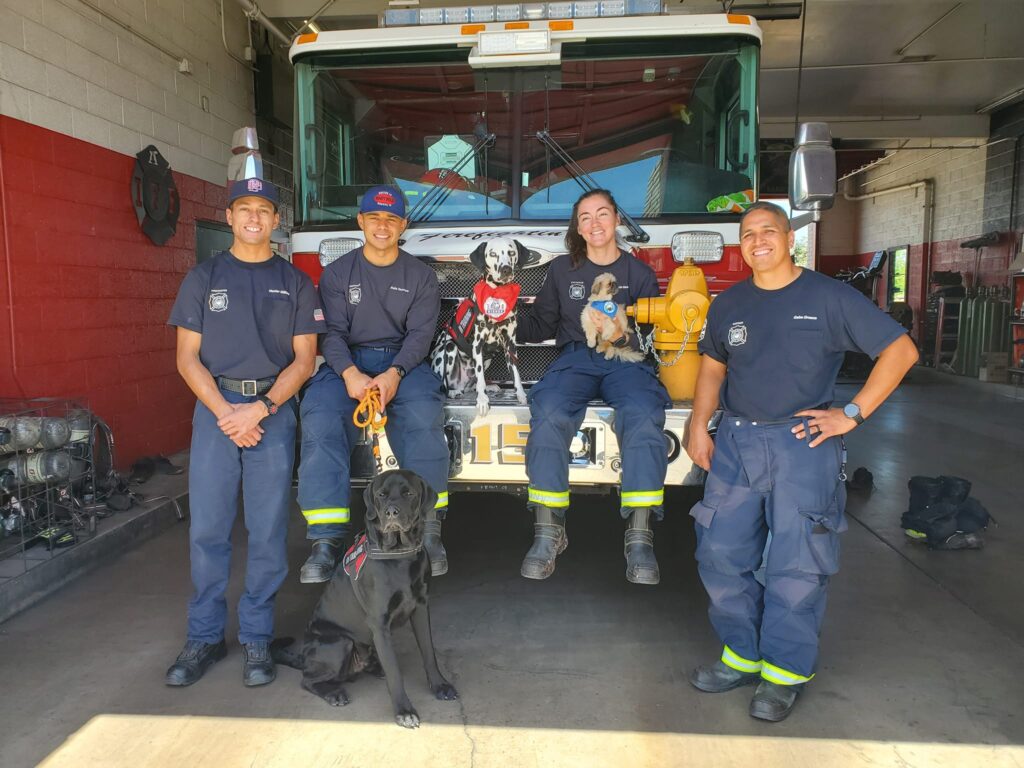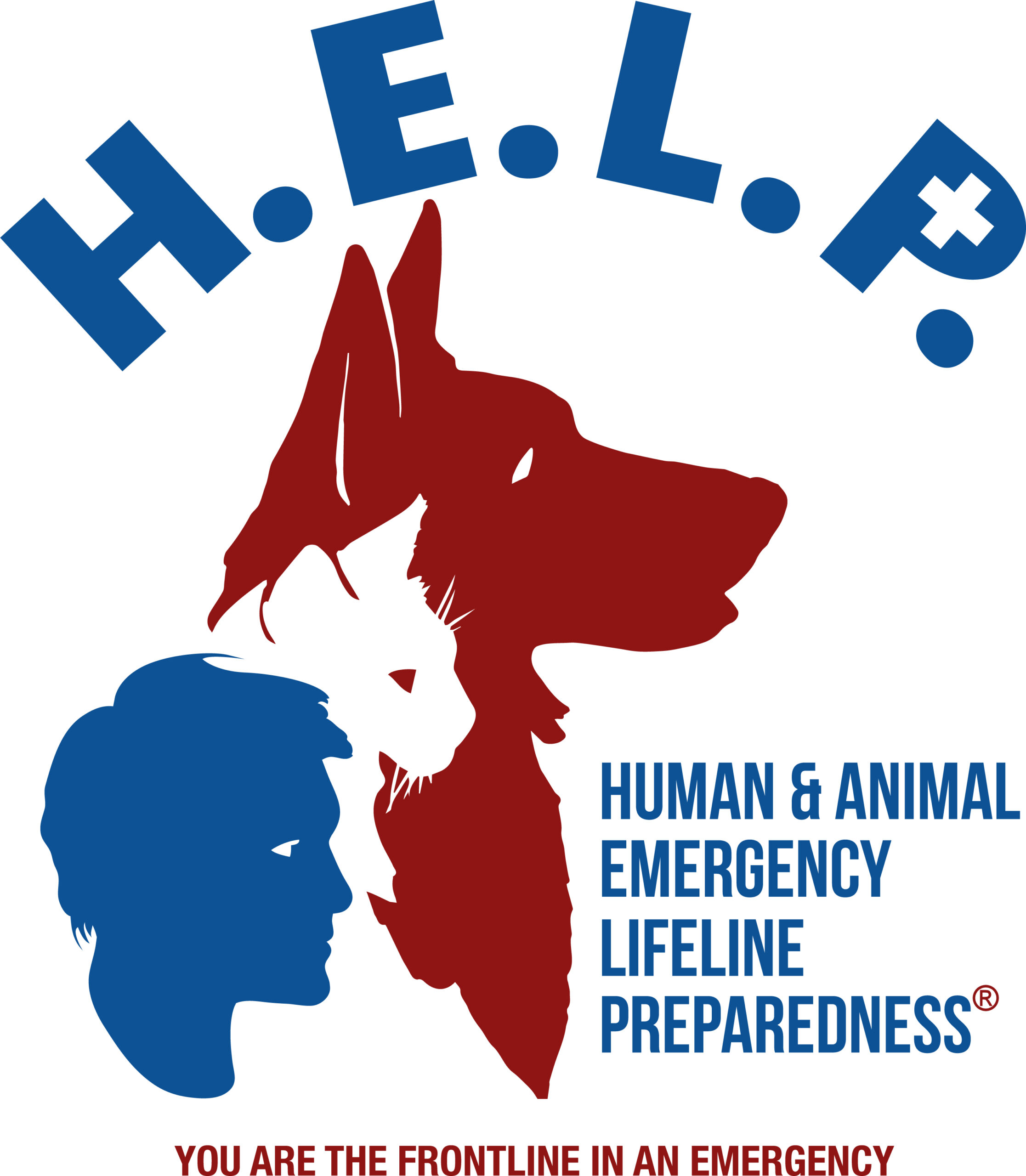Supporting Our Pets
Discover a Community of Care
Welcome to our Peer Support page, where we believe in the power of community. Here, you can connect with others who understand the challenges of caring for pets during emergencies. Our peer support network offers a safe space to share experiences, seek guidance, and learn together about pet first aid and CPR. Join us in building a community that supports each other in times of need.
The Benefits of Peer Support
 Our peer support services unite first responders, pet professionals, and pet owners in times of need, offering emotional support and practical advice based on shared experiences. You are not alone; our community is here to help you navigate through emergencies with understanding and compassion.
Our peer support services unite first responders, pet professionals, and pet owners in times of need, offering emotional support and practical advice based on shared experiences. You are not alone; our community is here to help you navigate through emergencies with understanding and compassion.
These services are designed to provide not just information, but also a network of caring individuals who understand the challenges of pet emergencies. By connecting with fellow pet professionals and pet owners, you can gain valuable insights, reassurance, and discover new strategies for care and preparedness. Join us in creating a supportive environment for all pet lovers.

Common Questions
Here are answers to frequently asked questions about our peer support services.

Peer support is a structured system of care where people with shared experiences, such as first responders, veterans, or animal-care professionals, provide emotional, social, and practical support to one another. At its core, peer support is about connection, understanding, and trust. It operates on the belief that those who have “been there” are uniquely equipped to help others navigate similar challenges, because they understand the emotional, physical, and cultural realities of that work. Peer support is not therapy. It doesn’t diagnose, prescribe, or replace mental health treatment. Instead, it fills a critical gap by offering confidential, non-clinical, human connection that can: Normalize emotions after difficult incidents Reduce stigma around seeking help Promote healthy coping strategies Encourage early intervention before issues escalate
You can join the peer support group by signing up through our website on the form below. We welcome anyone who has completed our training, and you’ll have the opportunity to connect with others, share experiences, and gain insights.
Join Our Peer Support Group
Powered By EmbedPress
